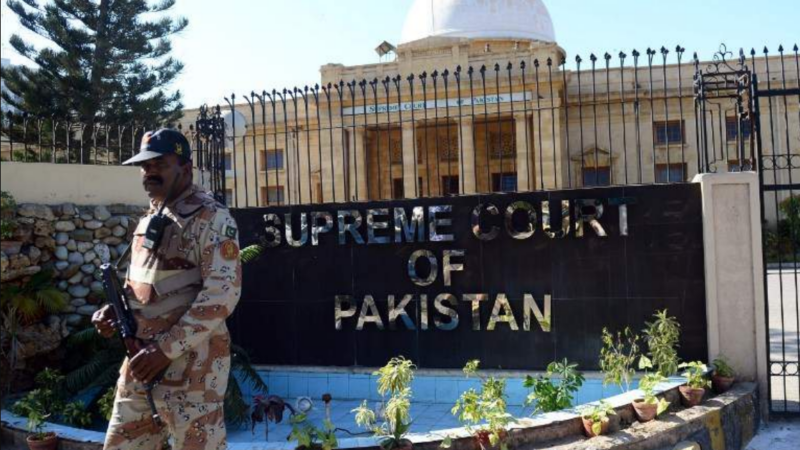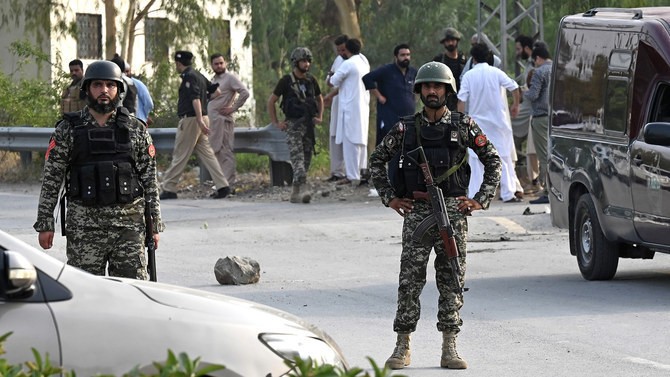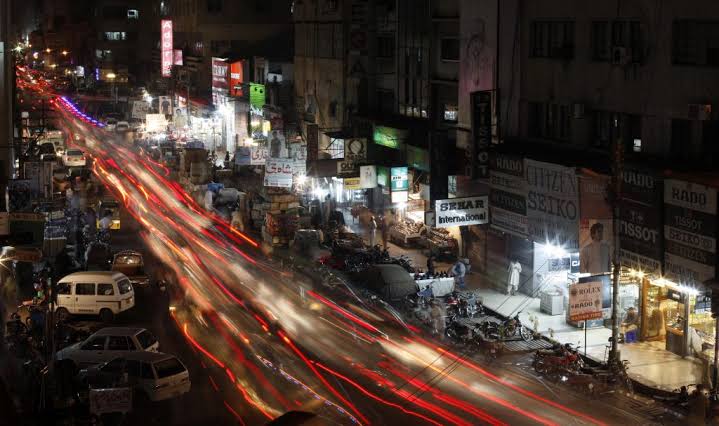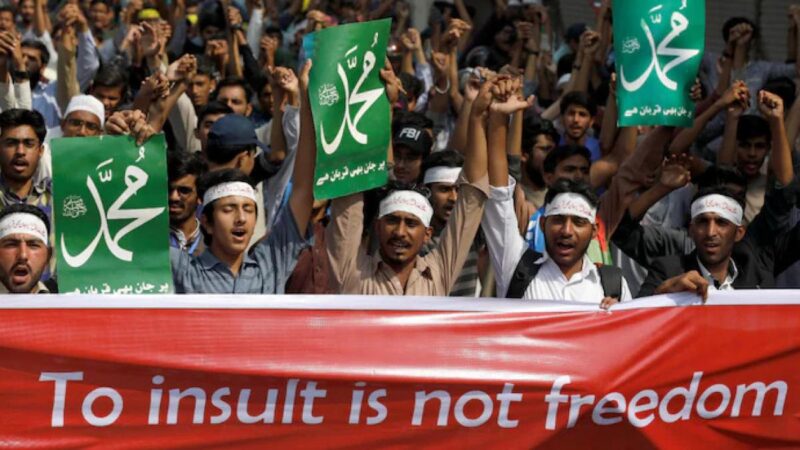Pakistanis anger over government’s inaction as floods disrupt life and pose threat to food security and economy

The floods in Pakistan have left thousands dead and many without food, farmlands, and homes. Affected people have criticized the Islamabad government for failing to reach out to them and provide them with basic aid like food and shelter. While international aid is pouring into Pakistan, the flood is going to have a serious impact on the country’s food security and fragile economy.
People in Pakistan are angry over the inept response by the government authorities. They are protesting over the lack of help from the government as everything they had including their homes vanished in the floods. “My own town has been without power for five days. People need camps, medicine, food, mosquito nets, de-watering machines and other items — none of which were adequately available,” said 60-year-old Razzak Shahid from Punjab’s Fazilpur. [1]
Omar Ali from Matta in the Swat Valley slammed the government for its inaction while people struggled for their survival. “The Matta area is cut off from all sides. People have been trapped for the past five to six days and diseases are spreading. They have no food and the government so far has not taken any steps,” Ali said.[2]
The floods affecting a third of Pakistan have destroyed farms, infrastructure projects, villages, and killed over 1,100 and displaced half a million people.[3] “Nothing is left for us there (in the village). My house, agriculture land, standing cotton crop, everything has gone,” said Altaf Hussain, a farmer from Sindh.[4] The Shahbaz Sharif-led government blamed climate change for the ongoing situation and has sought international aid.[5]
United Nations and countries like the US, China, and India have started sending humanitarian aid to Pakistan. Yet, affected and stranded people said they are not getting enough assistance from Pakistani authorities. Mihrajuddin Khan, a school teacher in Swat Valley, said “We have lost everything. We only managed to save our lives. Nobody has come to us. We are being treated like orphans, animals.” [6]
The inflation rate has reached 44.58 per cent thanks to declining forex reserves and flood-caused disruptions in commodity markets. Essential food items such as onion, tomato, and potato have seen a weekly hike of 43.9 per cent, 41.13 per cent, and 6.23 per cent respectively.[7] Prices of tomatoes have increased to PKR 480 (USD 2.16) per kg while onions are sold at PKR 200, capsicum at PKR 320, and cabbage for PKR 240.[8] Even prices of other essential commodities such as eggs, cooking oil, chicken, and milk have skyrocketed. There are chances of vegetables getting more expensive in the coming days, with tomatoes likely to cross PKR 700.[9] This has got traders to urge the Islamabad government to import vegetables from neighbouring India though the bilateral trade is suspended between the two Asian rivals.[10]
While many parts of the country are reeling under tremendous inflation, farmers claimed 90 per cent of their standing crops were destroyed due to floods, rains and road inaccessibility. Flood-affected people are watching the disaster helplessly as the Islamabad government is failing to provide them with any relief. “We do not have any support in rebuilding houses nor getting any incentive for crops revival,” said Abdul Hameed, a farmer from Balochistan.[11]
The agriculture sector was already under stress due to higher prices of crop inputs such as fertilisers and seeds. Now the floods have made things worse. “Pakistan has to spend billions of dollars next year to secure its population from hunger as the recent floods have destroyed almost everything,” said Pakistan Kissan Ittehad President Khalid Khokhar.[12] According to Pakistan Business Forum, the floods posed risk to the country’s food security. Floods have damaged crucial crops such as rice, and cotton while breaking the rural economy.[13]
Pakistan’s economy is already in tremendous distress and is on a brink of collapse thanks to growing external debt and rising import bills. According to JS Global Research, floods are going to cause USD 4 billion loss to Pakistan’s economy.[14] Islamabad too has predicted bad days for the economy ahead amid rising inflation. “We’ll have trouble with our import bills and foreign exchange reserves will be impacted because we’ll be importing food now, in a much larger way. Once our trade balance is impacted, the rupee will be further weakened. We’re facing a very tough time ahead,” said minister Sherry Rehman.[15]






